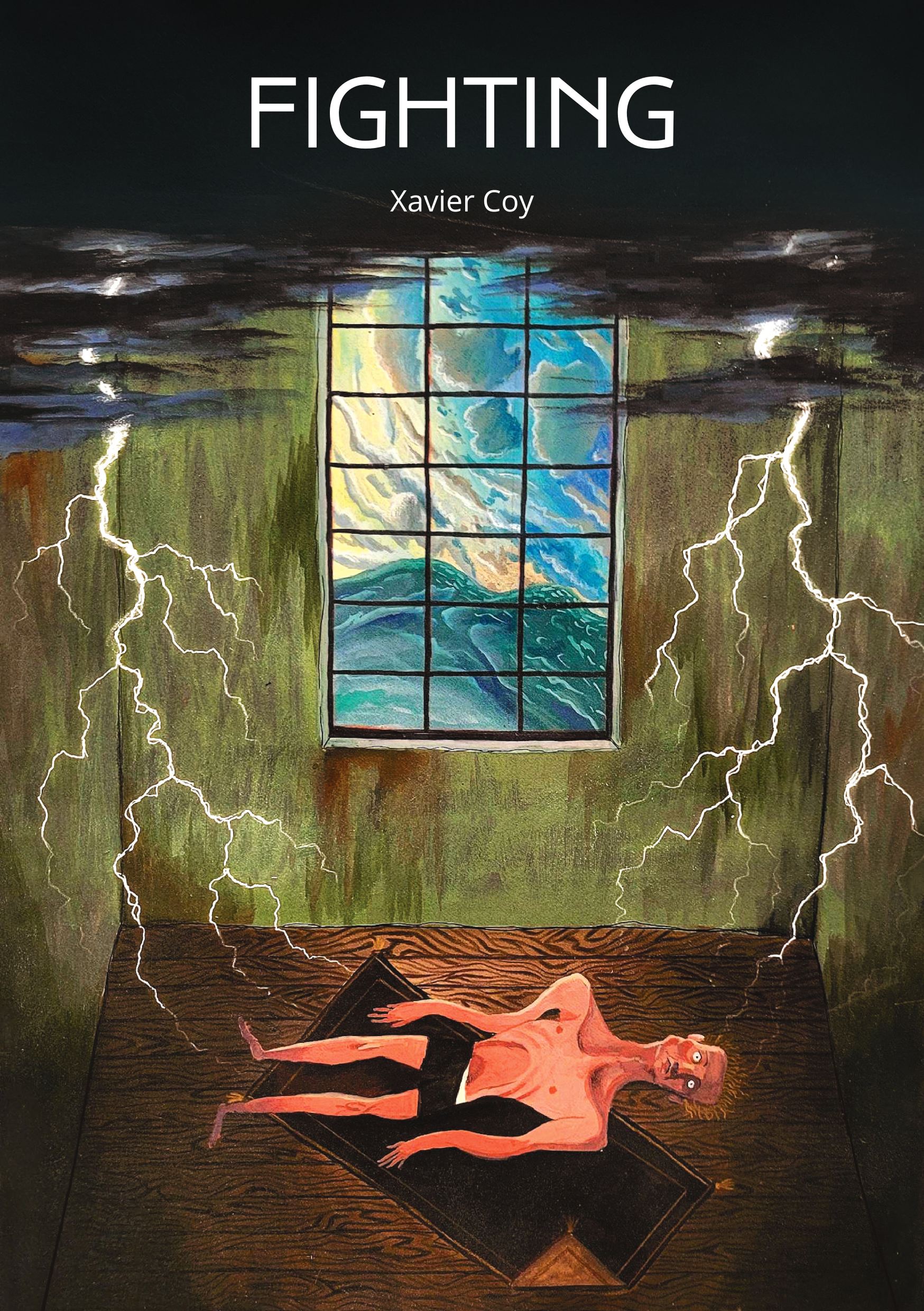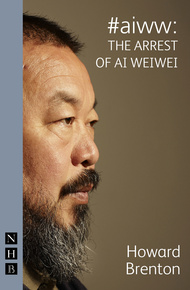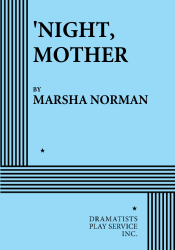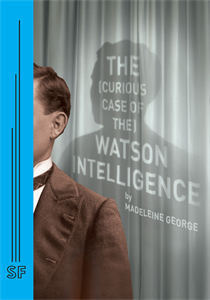
Fighting
- Full Length Play, Drama, Dark Comedy, Contemporary
- 2M, 1F
- ISBN: 9780645089448
Fighting is an exploration into the mind of one man’s day as he traverses the highs and lows of bi-polar. We start with his waking moment, his medication, his morning regime and how quickly we see the way he fights from the start of the day against the voices in his head.
Cover Artwork by Michael Arvithis
Description
- Full Length Play
- Drama, Dark Comedy
- Time Period: Contemporary
- Target Audience: Teen (Age 14 - 18), Adult
- Cautions: Mild Adult Themes, Strong Language
- Performance Group:
- Community Theatre, High School/Secondary, Professional Theatre, Blackbox / Second Stage /Fringe Groups, College Theatre / Student
- Accolades:
- Winner! The Silver Gull Play Award (2022)
The man makes his way to work, an uninspiring job at Vodafone. He works with an elderly gentleman named Cliff and a woman in her sixties named Helga – they own the store together. Whilst the protagonist is desperately alone, Helga and Cliff enjoy a virile sex life and are quite happy to share it.
Our protagonist spends a period of time trying to avoid panic attacks only to be confronted with his ex-girlfriend who is now engaged. It’s enough to set him off and he leaves work early to compose himself before a date that night with a woman he quite fancies. The dinner is an awkward affair and ends with her breaking up with him.
Feelings of worthlessness and despair whirl around his head, the voices combining to trigger a depressive episode. Does he have the will to continue on or are the voices too strong to counter? Can pain be overcome in your darkest hour? And how do we continue to fight when all feels lost?
AUTHOR'S NOTE: On the first day of COVID lockdown in March of 2020 I was diagnosed with Bipolar Disorder. It led me down a path of introspection and self discovery. It also elucidated a lot about the world we’re in and how we view this disease. When I was first diagnosed I was confronted with many different responses. Some people accepted me and wanted to help and know more. Others went into denial, others were upset and didn’t want to talk about it and then others had no idea what it was.
Characters
- Casting: 2M, 1F
Available Material
| Name | Price |
|---|---|
|
Fighting Script
This is optional.
Order Now
Fighting is an exploration into the mind of one man’s day as he traverses the highs and lows of bi-polar. We start with his waking moment, his medication, his morning regime and how quickly we see the way he fights from the start of the day against the voices in his head. |
$24.95 |




